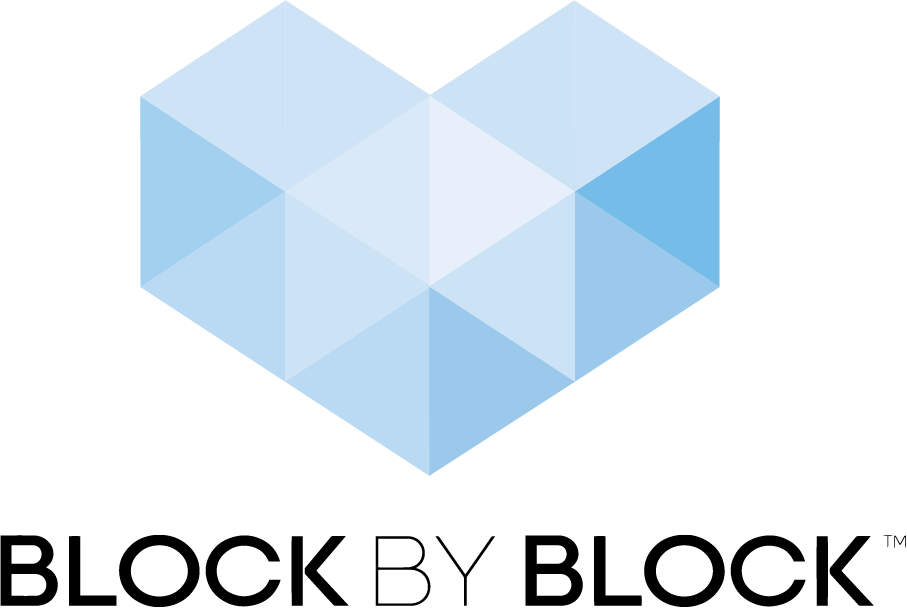Building a Place to Play in Palestine
Building a Place to Play in Palestine
Palestinian youth build confidence, collaboration, and problem-solving skills in a workshop to transform a neglected space into a neighborhood playground.
Building a Place for Play in Palestine
Wadi al-Joz, East Jerusalem, Palestine
Project type: Playground
Collaborators: UN-Habitat, Bimkom – Planners for Planning Rights, Al Enaya Community Center, Green Mosques Youth Group
Region: Arab States
Tags: children and youth, post-conflict rehabilitation, empowering women and girls, public safety and security, sports and recreation, social inclusion and human rights
Background
Since the 1967 occupation of East Jerusalem, development of Palestinian neighborhoods has been restricted by Israeli authorities. Consequently, the Palestinian areas of Jerusalem are characterized by high levels of overcrowding, poor physical infrastructure, and lack of functional public space. These slum-like conditions negatively affect the quality of life for these residents, 73% of whom live below the poverty line. Public facilities are woefully inadequate and too few. Children often resort to playing in the streets or other unsafe areas. For example, there are only nine playgrounds serving more than 370,000 Palestinians.
UN-Habitat surveyed hundreds of spaces in East Jerusalem that have not been developed by the municipality of Jerusalem. Out of these, 15 have been identified as high-priority, and one, a space in Wadi al-Joz, was chosen for development into a playground. The goal of the playground project is to have a positive impact on the urban neighborhood and improve the living conditions of the residents, especially children, youth, and women.
Building a Place for Play, Block by Block
In July 2016, a three-day Block by Block Workshop held at the El Enaya community center used Minecraft to engage around 50 resident youth. Youth were divided into teams to design and share their visions for the public space within the virtual environment of Minecraft.
“In the past, we did not get a chance to be involved in deciding what our community needs. Today, we are creating a design for our public space as a team, and I cannot wait to see it come true.”
“The youth involved have developed key skills in problem solving, consensus building, and teamwork which will benefit them in the future.”
Progress
The workshop approach was enormously successful in allowing young local residents to have a real voice in the rehabilitation of their neighborhood. The youth involved in the project also developed key skills in problem solving, consensus building, and teamwork. A landscape architect combined the strongest ideas from the workshop to develop the final plan for the facilities and services of this public space, which were presented to the community for feedback between August and November 2016.
An additional workshop was held in July 2017, followed by several community consultations to reach consensus on the garden’s final design. The Wadi al-Joz community garden was inaugurated in April 2018, significantly increasing safety, wellbeing, and overall quality of life for the neighborhood’s 25,000 residents.
“This initiative has proven that small, tangible interventions have great impact in terms of creating results that enhance the quality of the living environment, support the resilience of the community, and create safe and inclusive public spaces.”




